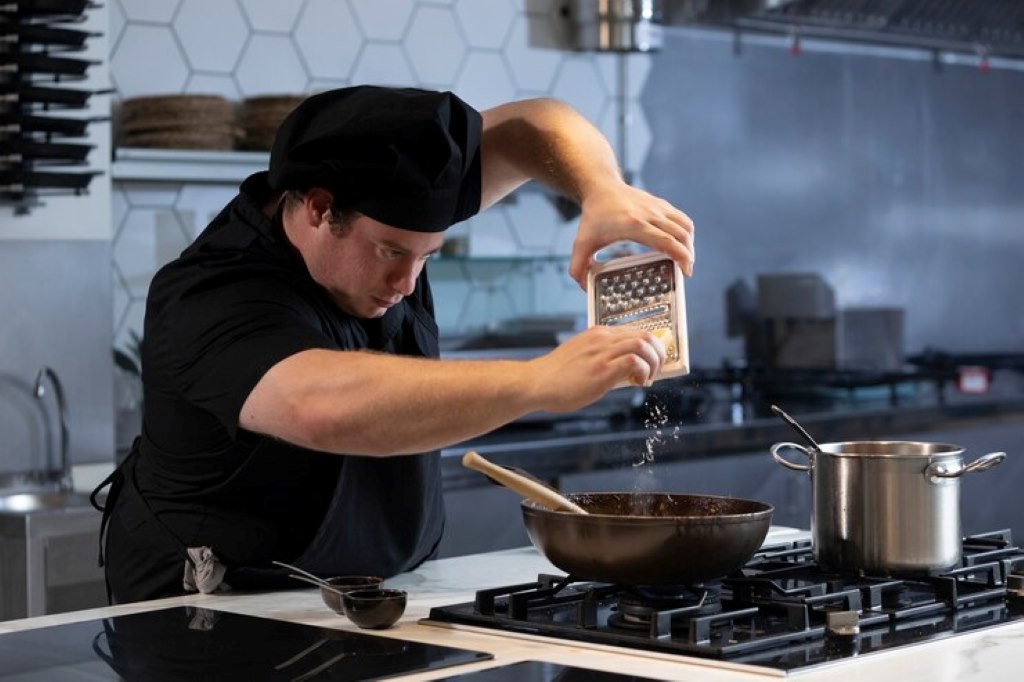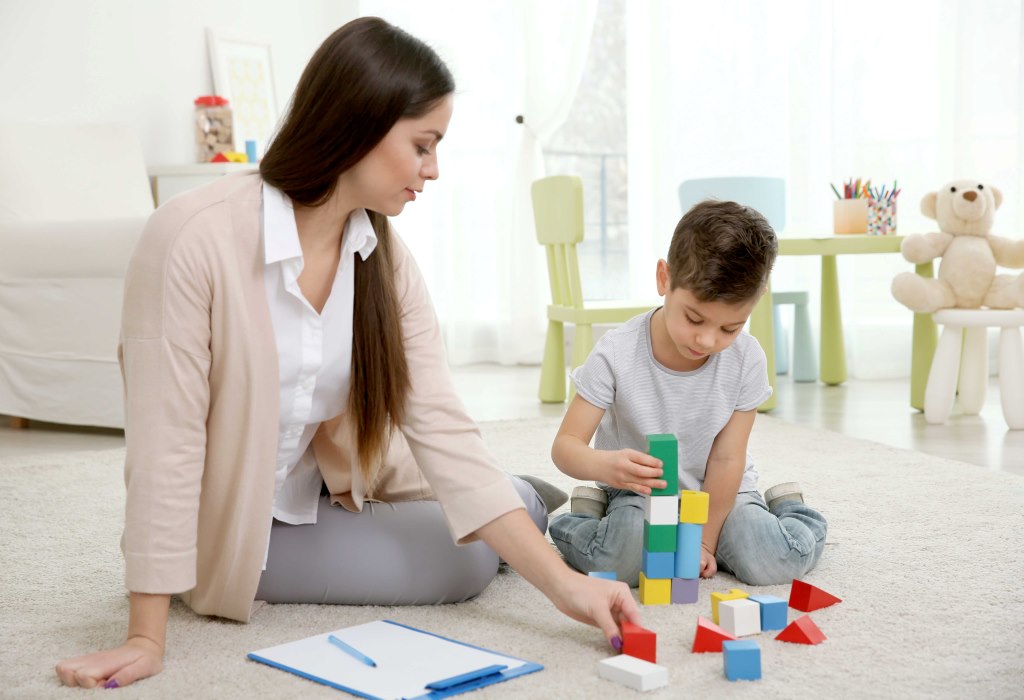As individuals age, maintaining health and well-being becomes increasingly paramount. For many seniors, navigating daily tasks and managing health-related activities can present challenges.
In such instances, personal assistants play a crucial role in providing comprehensive care and support. This article delves into the multi-faceted role of personal assistants in promoting the health and well-being of seniors, exploring the diverse ways in which they contribute to enhancing quality of life.
Understanding the Role of Personal Assistants in Senior’s Health
Personal assistants for seniors are professionals trained to provide a wide range of support services tailored to the unique needs and preferences of each individual.
From assisting with activities of daily living to offering companionship and emotional support, their role encompasses various aspects of caregiving. Here are some key areas in which personal assistants contribute to comprehensive senior care:

Assistance with Activities of Daily Living (ADLs)
Personal assistants help seniors with essential tasks such as bathing, dressing, grooming, toileting, and mobility. By providing hands-on assistance and support, they enable seniors to maintain independence and dignity in their daily lives.
Medication Management
Seniors often require assistance with medication management, including medication reminders, dosage administration, and prescription refills. Personal assistants ensure that seniors adhere to their medication regimens, reducing the risk of medication errors and adverse good health outcomes.
Meal Planning and Preparation
Nutrition plays a vital role in senior health, but meal planning and preparation can be challenging for individuals with mobility limitations or dietary restrictions. Personal assistants help seniors plan nutritious meals, shop for groceries, and prepare healthy and appetizing dishes tailored to their dietary needs.
Transportation and Errands
Personal assistants provide transportation services, escorting seniors to medical appointments, social outings, and errands such as grocery shopping and banking. By ensuring seniors have access to essential services and social engagements, assistants promote overall well-being and quality of life.
Companionship and Emotional Support
Loneliness and social isolation are significant concerns among seniors, particularly those living alone or experiencing health challenges. Personal assistants from this website can offer companionship and emotional support, engaging seniors in meaningful activities, conversations, and companionship to alleviate feelings of isolation and improve mental well-being.
Household Management
Personal assistants assist with light housekeeping tasks such as laundry, tidying up, and organizing living spaces. By maintaining a clean and orderly environment, they create a safe and comfortable living environment for seniors, reducing the risk of accidents and promoting overall well-being.

Advocacy and Coordination of Care
Personal assistants serve as advocates for seniors, liaising with healthcare providers, family members, and other caregivers to ensure seniors’ needs are met effectively. They coordinate medical appointments, communicate with healthcare professionals, and advocate for seniors’ preferences and rights in healthcare decisions.
The Benefits of Personal Assistant Care for Seniors Health
Personal assistant care for seniors not only enhances their physical well-being but also fosters independence by supporting them with activities of daily living.
With personalized attention and companionship, seniors can maintain their dignity and autonomy while receiving the assistance they need to thrive in their golden years.
The comprehensive support provided by assistants offers numerous benefits for seniors, enhancing their overall quality of life and well-being. Some key benefits include:
Enhanced Independence
Personal assistants empower seniors to maintain independence and autonomy in their lives by assisting with daily tasks and providing support as needed. With their assistance, seniors can continue living in their own homes and communities, preserving familiar routines and surroundings while receiving the assistance they require.
Improved Safety and Well-being
Personal assistants help create a safe and supportive environment for seniors, reducing the risk of accidents, falls, and other health-related complications. By offering assistance with mobility, medication management, and household chores, assistants contribute to seniors’ overall well-being and peace of mind.
Tailored Support
Personal assistants offer personalized care and support tailored to each senior’s unique preferences, interests, and needs. Whether assisting with personal care tasks, providing companionship, or coordinating medical appointments, they adapt their approach to meet seniors’ individual requirements, ensuring that their care is tailored to their specific needs and preferences.

Family Peace of Mind
Personal assistants provide reassurance and peace of mind for family members, knowing that their loved ones are receiving high-quality care and support. Families can trust assistants to meet seniors’ needs effectively and provide regular updates on their well-being, alleviating concerns and fostering trust in the caregiving process.
Enhanced Quality of Life
The support provided by personal assistants enhances seniors’ overall quality of life by addressing both practical and emotional needs. Seniors can enjoy greater comfort, social engagement, and fulfillment in their daily lives, leading to improved physical and mental health outcomes.
Conclusion
Personal assistants play a vital role in promoting the health and well-being of seniors, offering comprehensive support across various aspects of daily life.
From assisting with activities of daily living to providing companionship and emotional support, their multi-faceted role contributes to enhanced independence, safety, and quality of life for seniors.
By recognizing and valuing the contributions of assistants, we can ensure that seniors receive the care and support they need to thrive in their later years.









